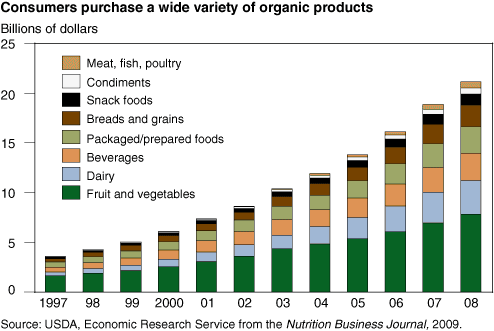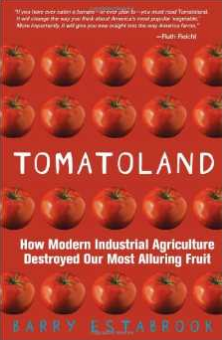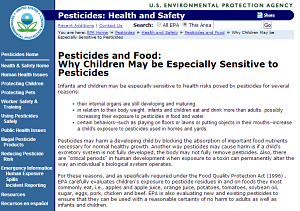Chef Don’s Blog
Are organic foods better? What I’ve learned along the way.
I have been looking into the topic of Organic foods since my first nutrition class at Kendall back in 2008. I really wanted to know if the hype was true. The stuff is expensive so, is it really worth the extra money? From a common sense standpoint setting money aside, the idea of organic seems so good for “us”. Personally I don’t want to ingest pesticides, antibiotics or hormones from my food. One reason for my concern was a lack of knowledge. Like many of us I didn’t truly understand how the food’s we eat are grown, harvested, stored, and transported for delivery. Folks, what I’ve learned is pretty interesting things can and do happen along the way but alas that’s a topic for another blog.
I found the debate over organics to have many facets. So I have decided to blog about some of the things I’ve discovered along the way.
It is better for the environment and in my opinion it is superior for worker safety. See ocean dead zones or read Tomatoland
The FDA regulates the amount and frequency of pesticide applications and even became more stringent in the recent past. If you want to get fired up look into GRAS or generally recognized as safe. Which is how the FDA does things. High Fructose Corn Syrup is a GRAS product 🙁
The USDA makes no claim regarding health, safety or nutritional benefits from conventional or organic foods.
Organic food sales have increased from 3.6 Billion in 1997 to 28 Billion in 2012.
That’s big biz people!

It costs a lot of money for a farm to convert to organics. Up in the $10 K range with ongoing costs as well. Keep in mind that a farm only needs to comply with organic standards for three years prior to eligibility and a dairy cow only needs 12 months to become certified as organic.
Organic does not address the fact of fuel miles or the amount of fuel that is used and emissions produced to deliver the food to you. This is a global concern.
And then there is this article from the United States Environmental Protection Agency:
Pesticides and Food:
Why Children May be Especially Sensitive to Pesticides
This is why I source organic foods for Taste for Kids Inc.
Studies have shown that conventional produce imported from Canada may have a lower level of pesticide contamination than conventionally produced foods from the US. Foods from South America tend to have higher risks of contamination than foods produced in the US.
A recent and relatively surprising study done at Stanford University suggests there is not a significant benefit or detriment to health, safety, or nutrition from either group.
Certain produce is more susceptible to pesticide residue than others. This is due to two factors that I deem relevant:
- Length of exposure
- Surface type or features of the produce (i.e a rough or porous surface area)
What does it mean to me?
- Kids consume a greater amount of foods relative to body weight than teens or adults. Their bodies may not be developed enough yet to rid itself of toxins like an adult could.
- Know which foods are at greater risk of high pesticide levels. Apples, potatoes, peaches, pears, peppers and berries are best purchased organic.
- Pay attention to the season and where your food comes from. In the winter conventional foods are coming from outside of the USA and outside the (sic. dubious) protective reach of the FDA and USDA.
- Wash your produce well regardless! Studies suggest that you can remove a good amount of potential hazards. (Manure is the primary fertilizer for organic foods so always wash them before you cut through them, transferring the contamination from the outside to the flesh with a knife i.e. cantaloupe and salmonella.)
- Go organic with the foods you consume the most often.
Here are a few links to interesting web sites:
- WebMD – Organic Foods Slideshow: To Buy or Not to Buy Organic
- Nutrition Action Health Letter
- Stanford Medicine – Little evidence of health benefits from organic foods
I hope this helps spark some research or debate! 🙂
Chef Don


